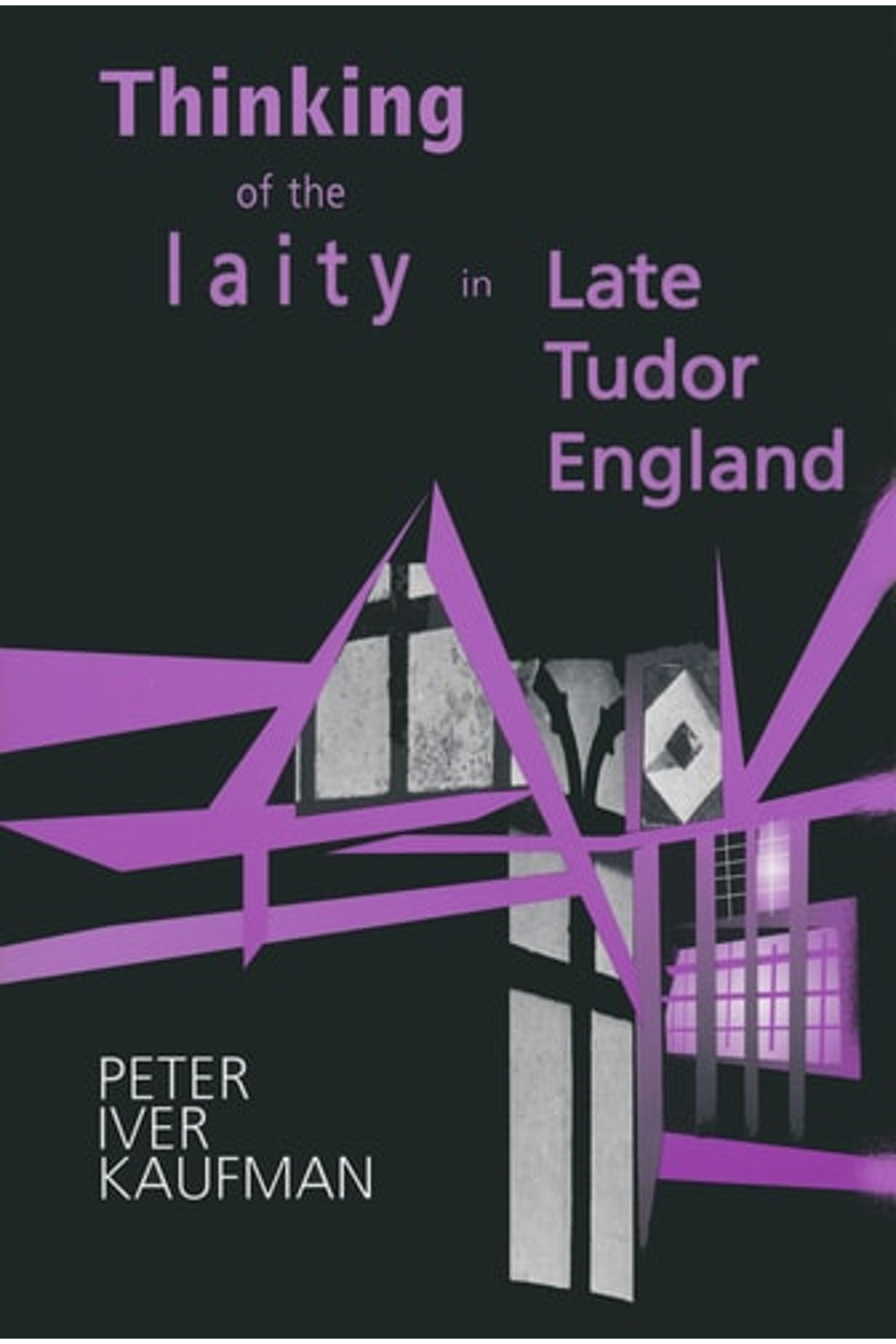Peter Iver Kaufman’s “Thinking of the Laity in Late Tudor England” (University of Notre Dame Press, New Edition) unveils a lesser-known chapter in the history of English Puritanism. Challenging conventional narratives, Kaufman excavates the radical proposals for lay participation in church governance that emerged during the Elizabethan era (1560s-1580s). This book goes beyond familiar accounts of Presbyterianism and Congregationalism to examine the “what might have been,” exploring the ambitions of reformers who advocated for greater lay involvement in parish elections and discipline. Through meticulous research and analysis of petitions, university records, and forgotten debates, Kaufman reveals the intense opposition these ideas faced from those who feared a disruption of clerical authority and social order. Ultimately, “Thinking of the Laity” sheds new light on the intellectual and political landscape that shaped the origins of Puritanism and the evolving relationship between the church and its members, providing crucial context for understanding the broader history of religious reform in England. This accessible paperback (194 pages) offers a fresh perspective on a pivotal moment in English history.
Thinking of the Laity in Late Tudor England
14.80 $
In stock
Historians are usually more intrigued by what was than by what might have been. It is not surprising, then, that a relatively tame Elizabethan puritanism has been deposited in the mainstream of English Protestantism while some radical schemes, or what Peter Kaufman refers to as the what might have been, are more or less overlooked. Thinking of the Laity features fresh evidence that the advocates of broadly participatory parish regimes publicly confronted their critics. It collects shards of the expectations and regrets that survive in a few petitions, in manuscript records of university controversy, and in the recollections of proponents of lay and local control. Kaufman argues that to assemble these fragments is to find forgotten moments in the Elizabethan polity debates and to recover thinking about the laity that gave revolutionary force to late Tudor puritanism.
Elizabethan reformers, especially the most forward, outspoken puritans, accused English Catholics of expound[ing] ecclesia to be a state opposite unto, and severed from the laitie. Kaufmans study concentrates on the identity and aspirations of these reformers who sought to remedy the severing of the church from its people by instituting the extraordinarily controversial solution of broadly participatory parish regimes. Reformers recommended lay involvement in parish elections and in disciplining deliquents. Opponents of the reformers perceived the participatory initiatives as a threat to order and clerical authority, and opposed experiments with laicization, democratization, and local control. By the late 1580s the Puritans had lost their fight, but the debate was both lively and public, and as Kaufman deftly and persuasively reminds us, the roads not taken are still important parts of the historic landscape.
Thinking of the Laity explains why proposals for expanding lay prerogatives failed to shape the Elizabethan religious settlement from the 1560s through the 1580s. It also greatly adds to our understanding of the policy debates that are closely associated with the origins of puritanism, presbyterianism, and congregationalism. This book will be essential reading for people interested in the history of early modern England and in the progress of sixteenth-century religious reform.
| Authors | |
|---|---|
| Binding | |
| Condition | |
| ISBN-10 | 0268033056 |
| ISBN-13 | 9780268033057 |
| Language | |
| Pages | 194 |
| Publisher | |
| Year published | |
| Weight | 268 |
| Edition | New edition |
| Dewey decimal | 262/.15/094209031 |
- Additional information
- Currencies
- USD – United States dollar
- EUR – Euro
- GBP – Pound sterling
- CNY – Chinese yuan
- BRL – Brazilian real
- MXN – Mexican peso
- JPY – Japanese yen
- PHP – Philippine peso
- THB – Thai baht
- PLN – Polish złoty
- CAD – Canadian dollar
- MYR – Malaysian ringgit
- AUD – Australian dollar
- TWD – New Taiwan dollar
- CZK – Czech koruna
- SEK – Swedish krona
- HUF – Hungarian forint
- ILS – Israeli new shekel
- CHF – Swiss franc
- HKD – Hong Kong dollar
- DKK – Danish krone
- SGD – Singapore dollar
- NOK – Norwegian krone
- NZD – New Zealand dollar

